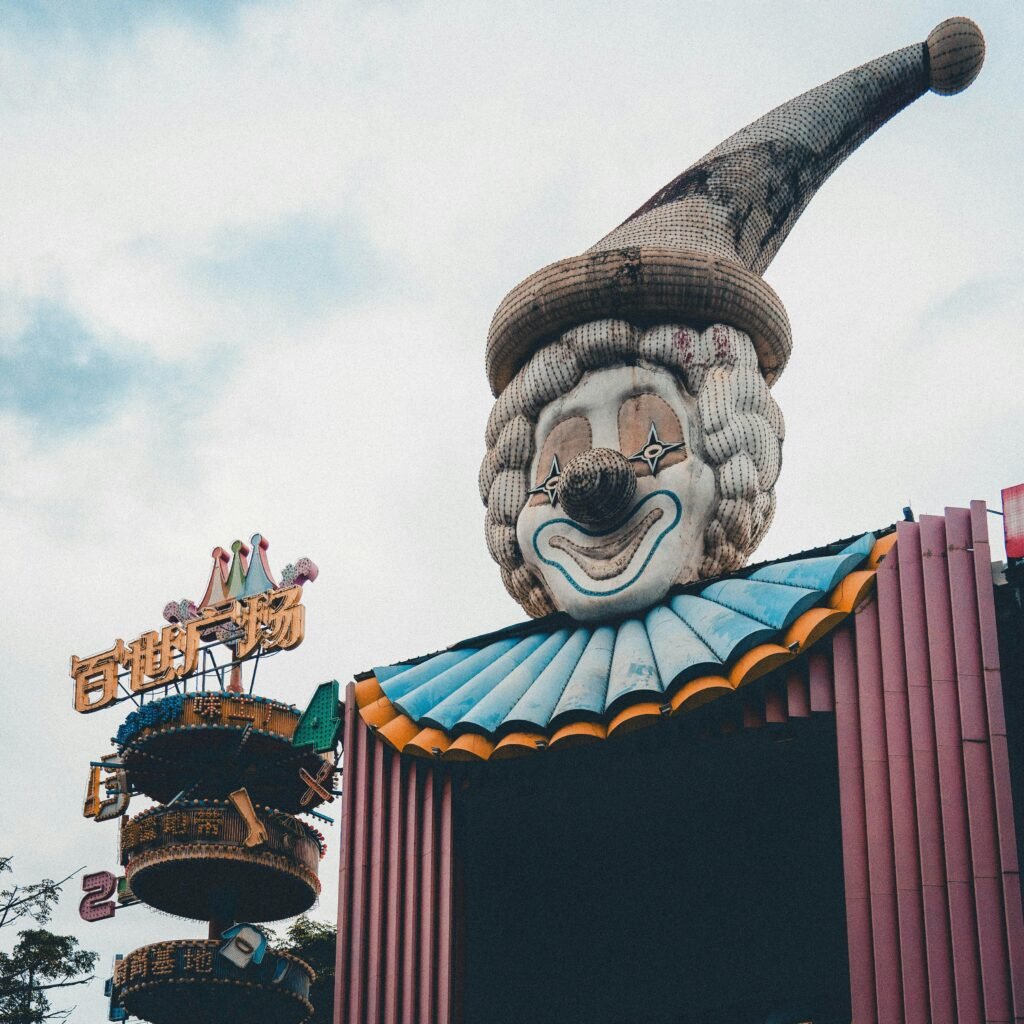The Enduring Legacy of John Wayne: More Than Just a Cowboy
John Wayne. The name conjures images of dusty landscapes, stoic cowboys, and unwavering American grit. But behind the iconic persona lies a more complex and fascinating story. From his humble beginnings and a name change that shaped his destiny to controversial moments that sparked debate, the Duke’s life was anything but simple. This article dives deep into the life of John Wayne, exploring the man behind the legend and uncovering some of his most intriguing untold stories. We’ll explore the origin of his famous name, delve into a surprising tale involving the FBI, and examine the complexities of his on-screen and off-screen persona. Get ready to saddle up and explore the captivating world of John Wayne.
Did you know that John Wayne wasn’t actually his real name? Or that he was allegedly involved in an FBI sting operation? Keep reading to learn some surprising facts about this Hollywood legend.
From Marion Morrison to John Wayne: A Star is Born (With a New Name)
Born Marion Robert Morrison on May 26, 1907, in Winterset, Iowa, the future movie icon had a name that hardly screamed Western hero. So, what prompted the change to the name we all know and love? The answer lies in the early days of his acting career. In 1930, director Raoul Walsh cast Morrison in his first starring role in ‘The Big Trail.’ Studio executives felt that ‘Marion’ wasn’t masculine enough for a leading man, especially in a Western. And so, ‘John Wayne’ was born. While the studio wanted to name him ‘Anthony Wayne’ after the Revolutionary War general, Fox Studios head Winfield Sheehan ultimately decided on John Wayne, allegedly taking the name from Wayne, Michigan. The rest, as they say, is history. The name change proved to be a pivotal moment, helping to solidify the image of the tough, rugged cowboy that would define his career. The new name clearly worked, as John Wayne became a global icon.
The Nickname That Stuck: How ‘Duke’ Became Synonymous with John Wayne
Beyond his stage name, John Wayne also had a beloved nickname: ‘Duke.’ This moniker originated during his childhood, stemming from his fondness for his Airedale Terrier, also named Duke. Neighbors began referring to Morrison as ‘Little Duke,’ and the nickname stuck throughout his life. Even after becoming a Hollywood star, close friends, family, and even some colleagues continued to call him Duke, a testament to the down-to-earth personality that remained beneath the larger-than-life persona.
John Wayne: Patriot or Controversial Figure? The FBI Connection and Cold War Stance
John Wayne was a staunch conservative and a vocal anti-communist during the Cold War era. His political views often intertwined with his career, leading to some interesting and, at times, controversial situations. One such instance involves alleged cooperation with the FBI. According to some reports, Wayne supposedly agreed to help the FBI in an effort to identify and expose communist sympathizers within the Hollywood film industry. While details are scarce and often disputed, the story paints a picture of Wayne as a staunch defender of American values, willing to take extreme measures to combat what he perceived as a threat to the nation. This included, as the context mentioned, allegedly holding two communists at gunpoint for an FBI sting. Whether these allegations are true or exaggerated, they contribute to the complex and often debated legacy of John Wayne.
His strong stance on political issues often drew criticism, but it also resonated with many Americans who shared his conservative values. Regardless of one’s political views, it’s undeniable that Wayne’s outspokenness shaped his public image and further cemented his place as a symbol of American patriotism – for better or worse.
‘The Alamo’ and the Weight of Patriotism
Wayne’s strong patriotism manifested in his films, most notably in ‘The Alamo’ (1960), which he directed and starred in. The film, a historical drama about the Battle of the Alamo, was a massive undertaking and a deeply personal project for Wayne. He saw it as a tribute to American courage and resilience, but it also faced criticism for its historical inaccuracies and overly nationalistic portrayal of events. Despite the controversy, ‘The Alamo’ remains a significant film in Wayne’s career, reflecting his deep-seated beliefs and his desire to celebrate American history.
Beyond the Cowboy: Exploring John Wayne’s Versatility and ‘The Quiet Man’
While John Wayne is best known for his Westerns, he demonstrated versatility throughout his career, taking on roles in war movies, romantic comedies, and dramas. One of his most acclaimed performances came in John Ford’s ‘The Quiet Man’ (1952), a romantic comedy-drama set in Ireland. In this film, Wayne played Sean Thornton, an American boxer who returns to his ancestral homeland. The role allowed Wayne to showcase a softer, more nuanced side of his acting abilities, proving that he was more than just a tough-guy cowboy. ‘The Quiet Man’ remains a beloved classic and a testament to Wayne’s range as an actor.
For more insights into the techniques that helped John Wayne and other actors achieve success, you might find our article on acting tips for beginners helpful.
The Art of the Western: Analyzing His Impact on the Genre
John Wayne’s impact on the Western genre is undeniable. He starred in numerous classic Westerns, including ‘Stagecoach’ (1939), ‘Red River’ (1948), ‘The Searchers’ (1956), and ‘True Grit’ (1969), shaping the image of the American cowboy for generations. His portrayal of strong, silent, and morally upright characters resonated with audiences, solidifying his status as a Western icon. Wayne’s influence can still be seen in modern Westerns, a testament to his enduring legacy. To explore the evolution of film and its impact on society, see our article on the history of cinema.
John Wayne Today: A Lasting Impact on Film and American Culture
John Wayne passed away on June 11, 1979, but his legacy lives on. He remains one of the most recognizable and beloved figures in American film history. His films continue to be watched and enjoyed by audiences around the world, and his image continues to be used in advertising and popular culture. While his political views and some of his on-screen portrayals have faced scrutiny in recent years, his impact on the Western genre and his contributions to American cinema are undeniable. To learn more about celebrity endorsements and branding, see our article on brand management strategies.
The Duke’s Enduring Appeal: Why He Still Matters Today
So, why does John Wayne still resonate with audiences today? Perhaps it’s his embodiment of traditional American values, his undeniable charisma, or his ability to portray complex characters with both strength and vulnerability. Whatever the reason, John Wayne remains a powerful symbol of American identity, a testament to the enduring power of film, and a reminder that even the most iconic figures have stories worth exploring. The impact of film on culture is undeniable and for further reading on this topic consider our article about cultural influence of film.
Conclusion: Reflecting on the Man, the Myth, the Legend
From Marion Morrison to John Wayne, the journey of this Hollywood icon is a testament to the power of reinvention, the complexities of fame, and the enduring appeal of the American West. Whether you admire him, critique him, or simply enjoy his films, John Wayne remains a significant figure in American cultural history. His story is a reminder that behind every legend lies a complex individual with their own struggles, triumphs, and contradictions. So, next time you see John Wayne on the screen, take a moment to remember the man behind the myth, the Duke who rode into the sunset and left an indelible mark on the world.
Want to learn more about other influential figures in entertainment? Check out our upcoming article on the rise of streaming services and their impact on the film industry. Stay tuned!









